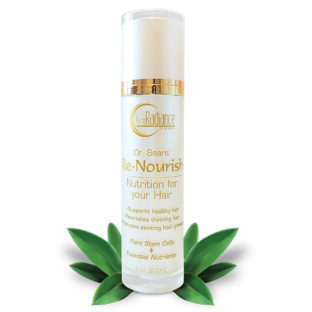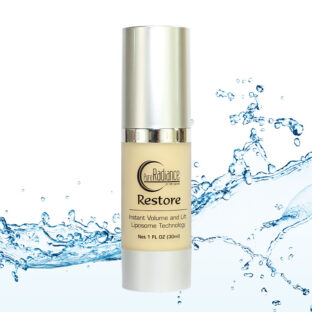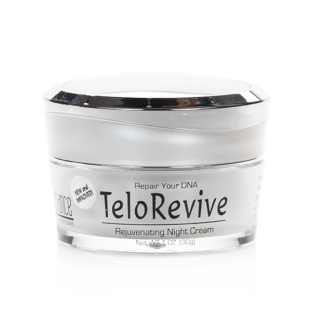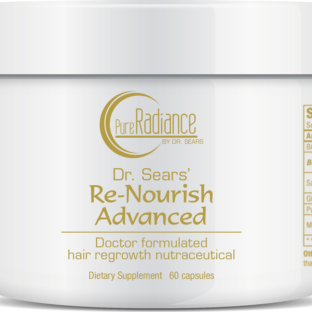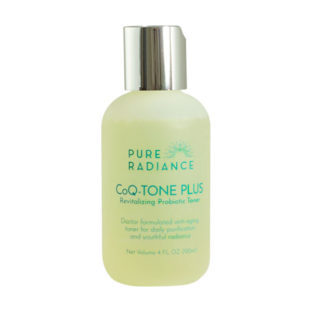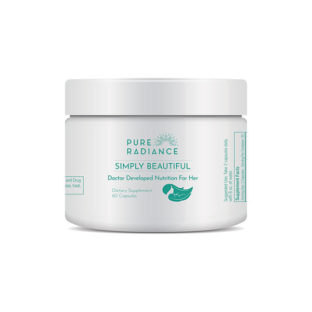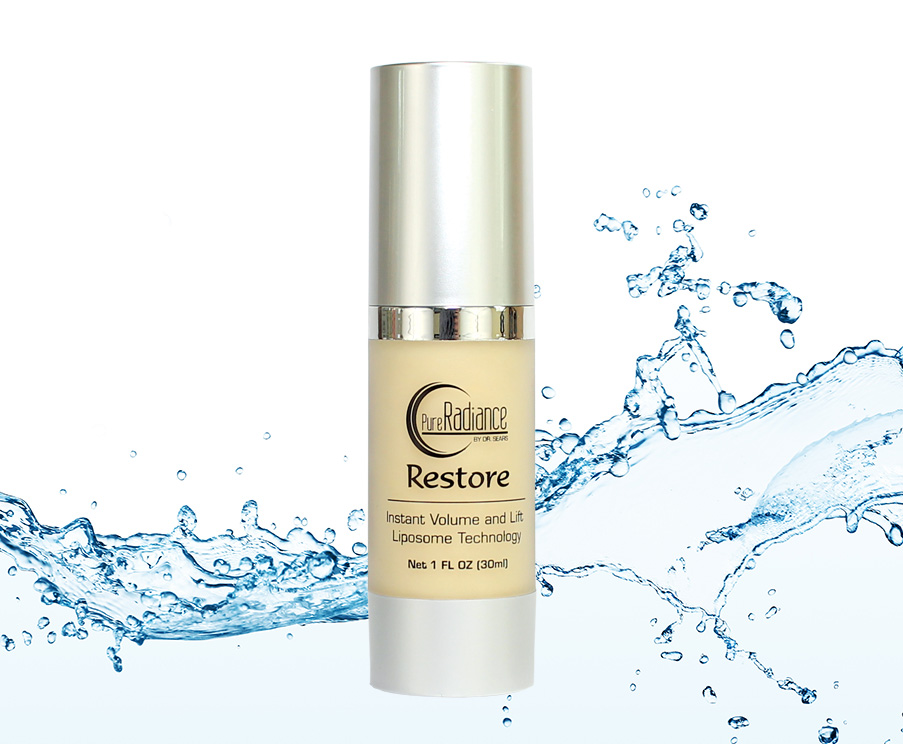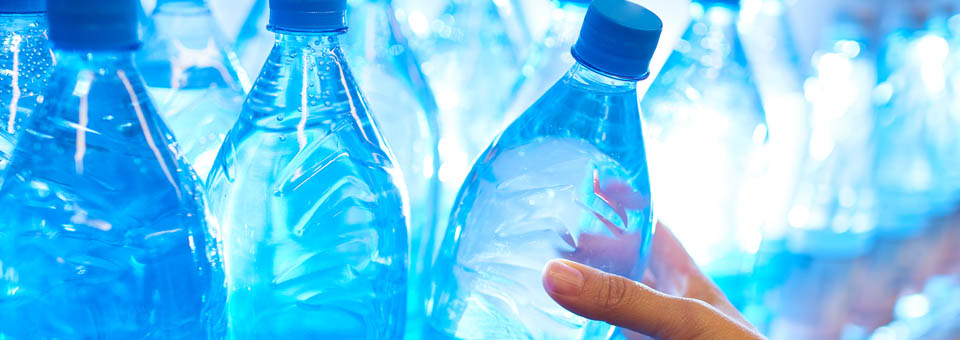
What do breast cancer, ADHD, diabetes, male fertility and autism have in common?
They’re very different conditions, but they’ve all been linked to a toxic group of chemicals called phthalates that we’re all exposed to every day. Phthalates are in everything from food packaging to personal care products to dental fillings. In fact, they’re so common in our environment that they’re sometimes called “everywhere chemicals.”
And like so many of the toxins in our environment, phthalates throw your hormones out of whack. They cause estrogen levels to soar in both men and women.
Chemicals like these are known as “endocrine disruptors” or “EDCs” for short.
They disrupt thyroid function to make you gain weight. They cause extreme PMS and menopause symptoms. They can lead to neurological problems and heart disease.1 They’re also linked to several hormone-related cancers.
And now we know these EDCs may disrupt one of the most important hormones in your body.
I’m talking about vitamin D.
Now, most doctors don’t even know that what we call “vitamin” D is not a vitamin at all. It’s actually a steroid hormone — just like estrogen and testosterone.2
So it was no surprise to me to see a new study showing that EDCs also disrupt your vitamin D.
Researchers examined data from 4,667 adults in the National Health and Nutrition Examination Survey. They measured blood levels of vitamin D. And they also measured urine levels of phthalates and its toxic cousin, BPA. BPA, or bisphenol A, has been used to make plastics and resins for decades.
The results showed that people who were exposed to higher amounts of phthalates and BPA were more likely to have lower levels of vitamin D than those exposed to lower amounts of these chemicals.
Here’s why that’s so dangerous…
Low vitamin D has been linked to asthma, cancer, diabetes, high blood pressure, depression, Alzheimer’s, multiple sclerosis, Crohn’s disease, and coronary artery disease.
In fact, an extensive study conducted on more than 27,000 patients at the Intermountain Medical Center in Salt Lake City found those with the lowest vitamin D levels were 43% more likely to develop coronary artery disease than those with normal levels.3
Vitamin D is also known to help lower the risk of type 1 and type 2 diabetes, and helps prevent autoimmune disorders like multiple sclerosis and rheumatoid arthritis.
And that’s not all. A recent study shows that vitamin D binds directly to your DNA4 and triggers a gene that stops inflammation. As you probably know, inflammation is behind all the chronic diseases we see today.
With your vitamin D under attack by all these chemicals, it’s more important than ever to know your levels. Ask your doctor for a simple blood test.
I encourage my patients to keep their levels in the range of 40 to 60 ng/mL. But most of them don’t get enough vitamin D from the sun and their food. I recommend taking a supplement called cholecalciferol, or D3. It’s identical to the D your body produces. Take 5,000 IU per day.
End the toxic assault on your “D”
You’d have to live in a bubble to avoid all EDCs. But that doesn’t mean there’s nothing you can do to protect yourself. What you need to do is help your body break them down and remove them.
These are three of the best detoxing supplements I know:
- Milk thistle: This is one of the best herbs I’ve found for clearing toxins from your blood. Look for dried milk thistle extract in your health food store or online. But make sure it has a minimum of 80% silymarin, the active ingredient for liver cleansing. Take one 200 mg capsule two or three times a day.
- Modified Citrus Pectin (MCP): The inner peel and pulp of citrus fruits contain an incredibly potent detox substance called pectin. But most pectin molecules are too large to digest. Science has found a way to modify the pectin’s molecules so they more easily find and bind to toxins. So make sure the supplement you choose says “modified citrus pectin” on the label. It comes in both capsule and powdered form. Start with 5 g (1 teaspoon) three times a day.
- DIM (Diindolylmethane): DIM sounds like a nasty chemical, but it’s 100% natural. Vegetables like broccoli, kale, and cauliflower produce DIM. It helps your body break down and excrete all the fake hormones we get in the modern world. I suggest you take 100 to 200 mg of DIM every day as a supplement.
And when detoxing or cleansing, drink lots of water to help wash everything away.
To Your Good Health,
![]()
Al Sears, MD, CNS
1. Ziv-Gai, A., et al. “The effects of in-utero bisphenol-A exposure reproductive capacity in several generations of mice.” Toxicology and Applied Pharmacology. 2015. DOI: 10.1016/j.taap.2015.03.003.
2.Anthony W Norman et al. “From vitamin D to hormone D: fundamentals of the vitamin D endocrine system essential for good health.” Am J Clin Nutr August 2008 vol. 88 no. 2 491S-499S.
3.”Vitamin D Shows Heart Benefits in Study,” NYTimes.com, 11/16/2009
4.Zhang Y, et. al. “Vitamin D Inhibits Monocyte/Macrophage Proinflammatory Cytokine Production by Targeting MAPK Phosphatase-1.”Journal of Imm, March 1, 2012; vol. 188 no. 5 2127-2135.


